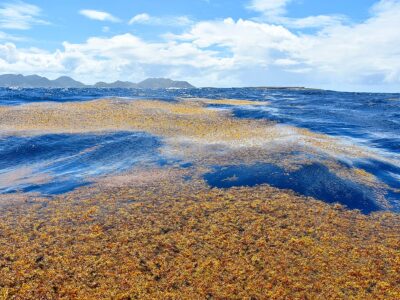Water
-
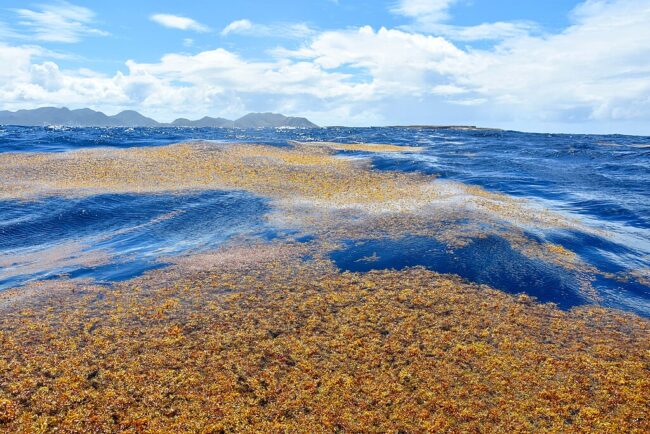
Harnessing AI, Scientists Discover a Rise in Floating Algae Across the Global Ocean
A recent study demonstrates the power of artificial intelligence as a tool for processing large amounts of ocean data.
-
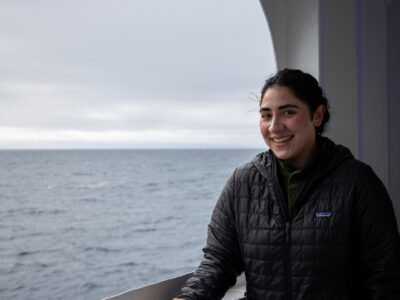
Women in Science: Paleoceanographer Apollonia Arellano
Arellano uses geochemical analyses to reconstruct deep ocean circulation in the North Atlantic Ocean.
-
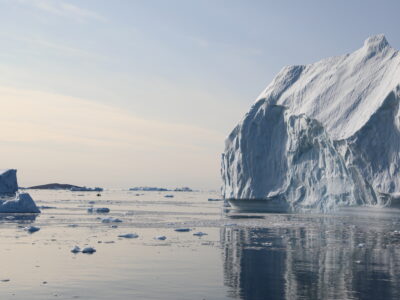
Sea Levels Are Rising—But in Greenland, They Will Fall
Even as global warming causes sea levels to rise worldwide, sea levels around Greenland will likely drop, according to a new paper.
-
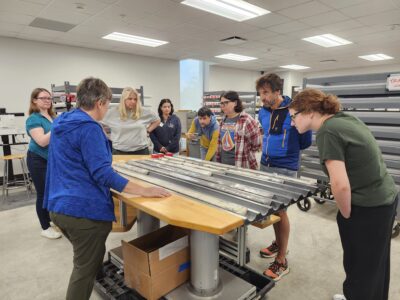
TRACX Program Connects Educators Worldwide with Ocean Science Research
Last summer, teachers from around the globe got a hands-on opportunity to engage in research alongside scientists at the Gulf Coast Repository at Texas A&M University.
-
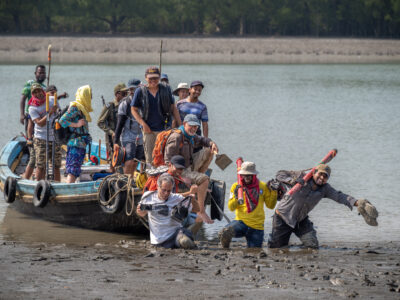
Vast Freshwater Reserves Found Beneath Salinity-Stressed Coastal Bangladesh
Drinking water is often scarce in Bangladesh. These researchers have tapped into a potential solution.
-

Swimming Toward a Constitutional Right for Nature
M.A. in Climate and Society student Christopher Swain swims long, polluted rivers to advocate for clean water and environmental justice.
-
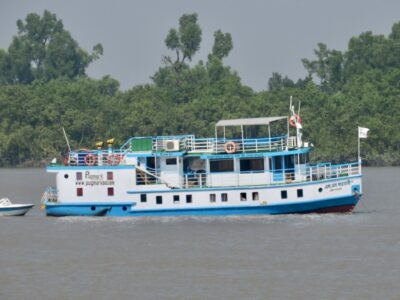
Sailing Around the Bangladesh Coastal Zone
The future sustainability of the delta depends on the balance of sea level rise, the subsidence of the land, and the deposition of sediments that can help maintain the land.
-
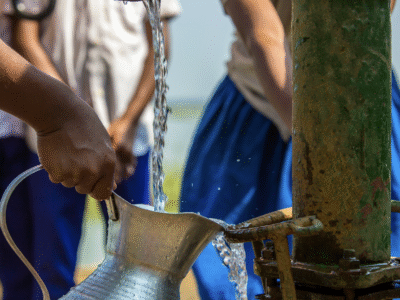
Reducing Arsenic in Drinking Water Cuts Risk of Death, Even After Years of Chronic Exposure
Published today in JAMA, a 20-year study of nearly 11,000 adults in Bangladesh found that lowering arsenic levels in drinking water reduced the risk of death from chronic illnesses, compared with continued exposure.
-
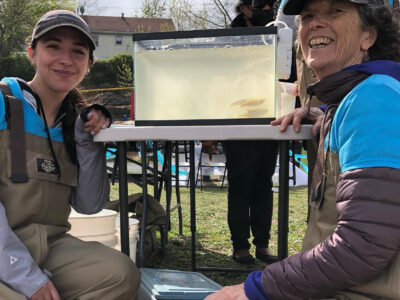
Ripple Effects: Water, Youth and Climate Action
The Columbia Climate School will host the Ripple Effects: Water in a Warming World pre-college virtual workshop in fall 2025.

By studying thousands of buildings and analyzing their electricity use, Columbia Climate School Dean Alexis Abramson has been able to uncover ways to significantly cut energy consumption and emissions. Watch the Video: “Engineering a Cooler Future Through Smarter Buildings“
